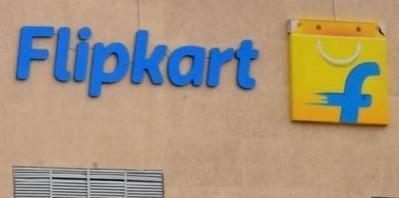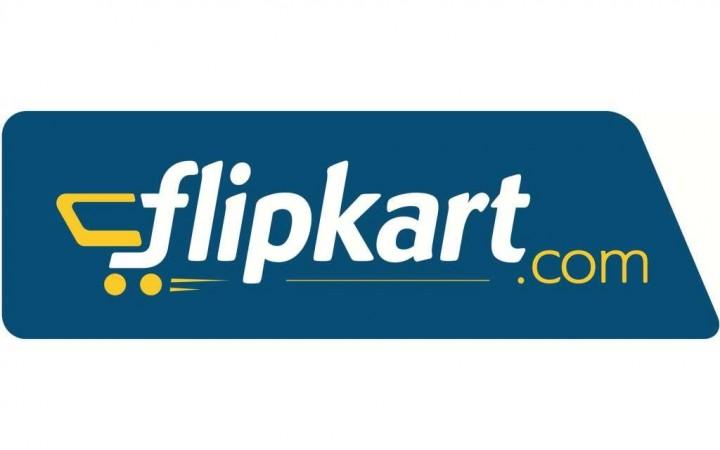
In a strategic move, Indian e-commerce giant Flipkart is planning to venture into the quick-commerce business, aiming to deliver orders to customers instantly after purchase. This initiative is expected to be launched in select locations as early as May 2023. The company's commitment to meeting evolving customer expectations and delivering excellence in value, selection, and speed is driving this move. This development comes at a time when Flipkart is also exploring the acquisition of the instant-delivery firm Dunzo, indicating a broader expansion of its delivery capabilities.
The decision to enter the quick-commerce market is driven by several key factors. Firstly, Flipkart aims to cater to evolving customer demands for faster delivery, which is a crucial aspect of the modern e-commerce landscape. Secondly, the rapid growth of e-commerce, particularly in the wake of the COVID-19 pandemic, has accelerated the need for instant or same-day delivery services. Thirdly, the quick-commerce segment is growing, and Flipkart sees this as a chance to expand its offerings and capture a share of the market.
Flipkart's Strategy and Alignment with Existing Business Models
The integration of instant-delivery services into Flipkart's business model aligns with its existing business strategies. By offering instant delivery, Flipkart hopes to differentiate itself and provide a more convenient and efficient shopping experience for its customers. The company's investments in logistics and the development of its digital infrastructure are essential for supporting these new services. The quick-commerce move likely builds on the foundation laid by its existing delivery network and digital payment solutions.

The potential acquisition of Dunzo, a firm known for its efficient last-mile delivery services, would allow Flipkart to expand its instant-delivery capabilities more rapidly and effectively. With Dunzo's expertise, Flipkart can quickly integrate instant-delivery services into its existing platform, providing customers with a wider range of products that can be delivered instantly or within a short timeframe. The acquisition would also enable Flipkart to offer a more comprehensive and consistent experience to customers, as they could access instant delivery for a broader range of products and services, including groceries, essentials, and other on-demand items.
Challenges and Potential Solutions
However, Flipkart's entry into quick-commerce and its potential acquisition of Dunzo present several challenges. High costs associated with instant delivery, including labor, logistics, and infrastructure, can eat into Flipkart's margins. Compliance with local regulations, especially around labor laws, data privacy, and competition, can pose challenges. The company may also face market saturation with existing players already established in the quick-commerce space. Ensuring the quality of products and services at scale can be challenging, and attracting and retaining customers in a highly competitive market is crucial.
To address these challenges, Flipkart may need to optimize its supply chain and logistics operations, engage with policymakers and industry bodies, differentiate its services, invest in stringent quality control measures, and focus on customer acquisition and retention. By doing so, the company can successfully navigate these challenges and establish a strong presence in the quick-commerce market.
In conclusion, Flipkart's foray into quick-commerce and the potential acquisition of Dunzo are expected to reshape the Indian e-commerce landscape by driving competition, innovation, and changes in consumer behavior, while also influencing the broader retail and logistics sectors. These developments reflect several broader trends in the global e-commerce industry, including the shift towards providing seamless, customer-centric experiences, leveraging technology for logistics optimization, and prioritizing last-mile delivery to meet the evolving needs of consumers. As the e-commerce landscape continues to evolve, companies like Flipkart are leading the way in adapting to these changes and setting new standards for the industry.















